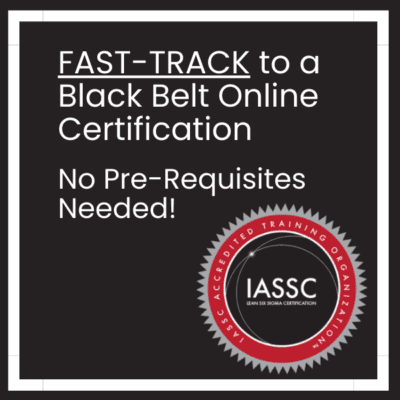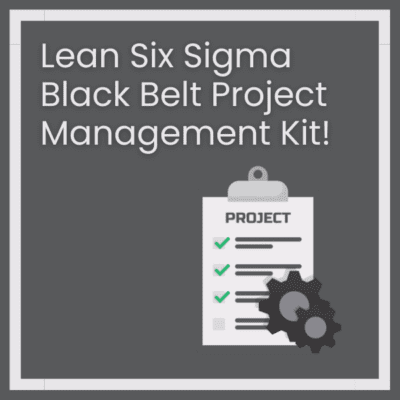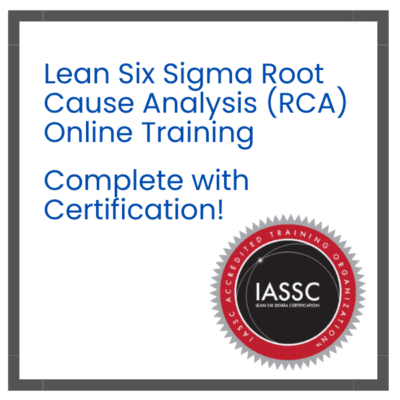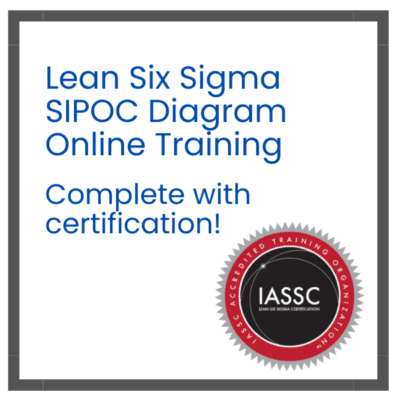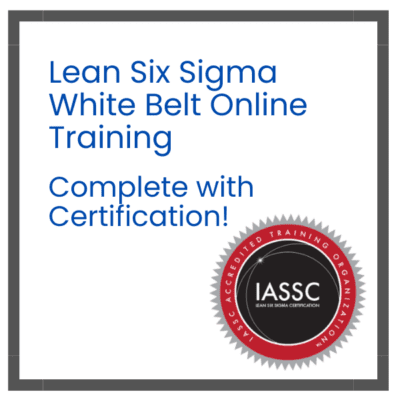A certificate of conformity represents an official document declaring that a product complies with specific standards, regulations, or technical requirements. Furthermore, this document serves as legal proof that manufacturers have tested their products and verified compliance with applicable safety and quality standards.
The certificate of conformity meaning extends beyond simple documentation to include legal protection, market access facilitation, and consumer confidence building. Moreover, these certificates often serve as prerequisites for product importation, distribution, and retail sales in regulated markets.
Table of contents
What is a Certificate of Conformity (COC)?
A Certificate of Conformity, often referred to as a COC certificate or certificate of conformance, is a formal document issued by a manufacturer, supplier, or third-party authority to certify that a product, service, or process complies with specific standards, regulations, or specifications. The COC meaning lies in its role as proof of compliance, ensuring that products meet safety, quality, or regulatory requirements before they reach the market or customer.
For example, in the automotive industry, a certificat de conformité Ford confirms that a vehicle meets European Union (EU) safety and environmental standards. Similarly, in consumer goods, a General Certificate of Conformity (GCC) ensures compliance with regulations like those set by the CPSC (Consumer Product Safety Commission) in the USA.
Public, Onsite, Virtual, and Online Six Sigma Certification Training!
- We are accredited by the IASSC.
- Live Public Training at 52 Sites.
- Live Virtual Training.
- Onsite Training (at your organization).
- Interactive Online (self-paced) training,
What Does COC Stand For?
COC stands for different compliance documents depending on regulatory context:
- Certificate of Conformity: Declares product compliance with specific standards or regulations
- Certificate of Compliance: Confirms adherence to legal requirements or contractual obligations
- Certificate of Conformance: Verifies products meet specified technical requirements or customer specifications
What does COC mean in business varies by industry, but all variations focus on demonstrating compliance with established requirements. Additionally, COC meaning in government contexts typically emphasizes regulatory compliance and consumer protection objectives.
Why is a COC Important?
The COC document serves several critical purposes:
- Regulatory Compliance: It verifies that products meet local or international standards, such as ISO, CE, or CPSC requirements.
- Market Access: Many countries require a certificate of conformity for customs clearance, especially in the EU, USA, and Middle East.
- Customer Trust: A COC certification reassures buyers that products are safe, reliable, and of high quality.
- Risk Mitigation: It reduces the risk of legal penalties, product recalls, or reputational damage due to non-compliance.
In short, obtaining a certificate of conformity is not just a regulatory necessity but also a competitive advantage in today’s quality-driven markets.
Types of Certificates of Conformity
The certificate of conformance varies by industry, region, and purpose. Here are some common types:
- General Certificate of Conformity (GCC)
The GCC certificate is required for consumer products in the USA under the CPSC certified regulations. It confirms that products like toys, electronics, or textiles comply with federal safety standards. Manufacturers or importers must issue a GCC compliance document before selling these products. - EU Certificate of Conformity
In the European Union, a certificate of conformity USA or EU-specific COC ensures compliance with directives like CE marking for safety, health, and environmental standards. For example, the certificat de conformité Ford is essential for registering vehicles in EU countries. - COC in Medical Devices
A COC medical certificate verifies that medical devices meet stringent regulatory standards, such as those set by the FDA or EU MDR (Medical Device Regulation). This ensures patient safety and product reliability. - Industry-Specific COCs
Industries like aerospace, construction, and food production issue COC certificates tailored to their standards. For instance, a certificate of compliance manufacturing ensures that components meet technical specifications.
Each type of conformity certificate serves a unique purpose, but all share the goal of ensuring compliance and quality.
Also Read: What is Non-Conformity?
Certificate of Conformity vs. Certificate of Compliance vs. Certificate of Analysis
Understanding the differences between a certificate of conformance vs certificate of compliance and certificate of conformance vs certificate of analysis is crucial for clarity:
- Certificate of Conformity (COC) vs. Certificate of Compliance
While the terms are often used interchangeably, a certificate of compliance meaning may focus on adherence to legal or regulatory requirements, whereas a COC certificate emphasizes meeting specific standards or specifications. For example, a certificate of compliance manufacturing might confirm adherence to local laws, while a COC verifies product specifications. - COC vs. COA (Certificate of Analysis)
A COA vs COC comparison reveals that a Certificate of Analysis provides detailed test results for a product batch, such as chemical composition or purity, often used in pharmaceuticals or food industries. In contrast, a COC broadly certifies that a product meets predefined standards without detailing test data.
Understanding these distinctions helps businesses choose the right documentation for their needs.
How to Obtain a Certificate of Conformity?
Obtaining a COC certificate involves several steps, depending on the industry and region:
- Identify Applicable Standards
Determine the regulations or standards your product must meet, such as ISO, CE, or CPSC requirements. For example, a certificate of conformity USA for consumer goods must align with CPSC regulations. - Conduct Testing and Inspections
Engage a certified testing laboratory or third-party auditor to evaluate your product. This may involve safety tests, quality checks, or environmental assessments. - Prepare Documentation
Use a certificate of conformance template to compile test results, product specifications, and compliance details. Ensure the COC form includes the COC number, product details, and issuer information. - Submit to Authorities
For regulated markets like the EU, submit the COC document to customs or regulatory bodies. In some cases, a certification of conformity from a notified body is required. - Maintain Records
Keep the COC certification on file for audits, customer requests, or future compliance checks.
Some industries may require periodic renewals or updates to the certificate of conformity, so stay proactive in maintaining compliance.
Certificate of Conformity Example
To illustrate, here’s a certificate of conformity example in the automotive industry:
- Scenario: A car manufacturer exports vehicles to the EU.
- COC Details: The certificat de conformité Ford includes the vehicle’s VIN, model, emissions data, and confirmation of compliance with EU safety standards (e.g., Euro 6 emissions).
- Purpose: The COC allows the vehicle to be registered in EU countries without additional testing.
Another example is a GCC compliance certificate for a toy manufacturer in the USA, confirming that a doll meets CPSC safety standards for lead content and choking hazards.
Benefits of a Certificate of Conformity
A COC certificate offers numerous advantages:
- Streamlined Trade: Facilitates customs clearance for international shipments, reducing delays.
- Enhanced Credibility: Signals to customers and regulators that your product meets high standards.
- Cost Savings: Prevents costly recalls or penalties due to non-compliance.
- Market Expansion: Enables access to regulated markets like the EU or USA.
By prioritizing COC certification, businesses can build trust and expand their reach.
Challenges in Obtaining a COC
While essential, securing a certificate of conformance can present challenges:
- Complex Regulations: Navigating standards like CE, ISO, or CPSC can be time-consuming and technical.
- Cost: Testing and certification processes can be expensive, especially for small businesses.
- Regional Variations: Requirements for a certificate of conformity USA may differ from those in the EU or Asia, complicating global trade.
To overcome these challenges, work with experienced certification bodies and leverage certificate of conformance templates to streamline documentation.
COC in Specific Contexts
COC Meaning in Government
In government contexts, COC meaning in government often relates to procurement or public safety. For example, a COC document may be required for government contracts to ensure supplied goods meet strict specifications.
COC in Business
What does COC mean in business? It’s a tool to demonstrate product reliability, secure contracts, and meet customer expectations. A COC certificate can differentiate your business in competitive markets.
COC Exam
In some industries, professionals may need to pass a COC exam to demonstrate expertise in compliance or quality management, particularly for roles involving certification of conformance.
Final Words
Certificate of conformity documents represent essential tools for regulatory compliance, consumer protection, and market access success. Understanding COC requirements, implementation processes, and best practices enables organizations to navigate complex regulatory environments effectively.
Therefore, investing in comprehensive certificate of conformity programs protects business interests while demonstrating commitment to quality and safety excellence. Start developing your COC strategy today to ensure sustained compliance and competitive advantage in global markets.
Frequently Asked Questions (FAQs) on COC
What is a Certificate of Conformity (COC)?
A Certificate of Conformity (COC) is a document certifying that a product or service meets specific standards, regulations, or specifications, ensuring quality and compliance.
What is the difference between a COC and a Certificate of Compliance?
A COC certificate confirms adherence to specific standards or specifications, while a certificate of compliance often focuses on legal or regulatory requirements.
What is a General Certificate of Conformity (GCC)?
A GCC certificate is required for consumer products in the USA, ensuring compliance with CPSC certified safety standards.
What is the difference between a COC and a COA?
A COC vs COA comparison shows that a Certificate of Analysis (COA) provides test results for a product batch, while a COC certifies overall compliance with standards.
How do I obtain a Certificate of Conformity?
To get a COC certificate, identify applicable standards, conduct testing, prepare a COC form using a certificate of conformance template, and submit it to relevant authorities.
What is a COC in medical devices?
A COC medical certificate verifies that medical devices meet regulatory standards, such as those set by the FDA or EU MDR, ensuring safety and efficacy.
Why is a COC important for international trade?
A certificate of conformity facilitates customs clearance, ensures compliance with international regulations, and builds trust with global customers.





